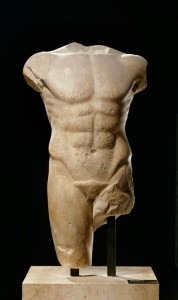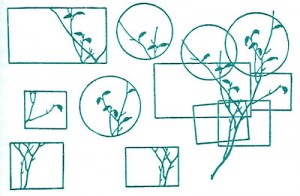Trevor Strunk’s “Alone in a World of Objects” is a welcome and persuasive addition to the sparse literature on the aesthetics of video games. Generally, as Strunk has elsewhere argued, scholarly attempts to legitimize videogames as an object of study have appealed to the medium’s obvious connections to novels, as in the case of Anastasia Salter’s What is Your Quest? (2014), or art history, per Andy Clarke and Grethe Mitchell’s Videogames and Art (2007, 2014). Yet in part because of these texts’ limited artistic horizons, neither offered a clear sense of what a “videogame aesthetic” might be. Strunk’s primary contribution, here, is to lay out the foundations for asking such questions in ways that take seriously the distinctiveness of the medium.










